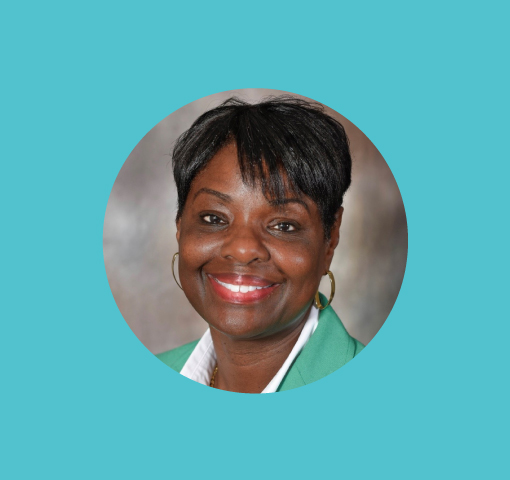Addressing Patient Needs in Rural Healthcare
Explore ways to enhance operational efficiencies and organizational success in rural healthcare settings

About rural healthcare
Overall, 46 million Americans that make 15% of the U.S. population, currently reside in rural areas. Several demographic, environmental, economic, and social factors may put rural residents at higher risk of death. U.S. residents who live in smaller and more isolated rural settings often face greater difficulties accessing healthcare services, commuting to work, and overcoming other social and economic challenges. These factors significantly impact the rural population's access to healthcare.
Uneven distribution of physicians has an impact on the health of rural populations as well. Pamela Lee, a leading healthcare executive that serves as Senior Vice President of Operations at Erie County Medical Center Corporation (ECMCC), and our facilitator for the Mini-MBA in Rural Healthcare certificate program explains some key factors that influence rural healthcare organizations’ social, economic, financial, and growth success.
Navigating workforce shortage challenges in rural healthcare
Record levels of professionals exiting the industry and choosing to retire have exacerbated an existing healthcare labor shortage. As many rural physicians approach retirement, nearly a quarter fewer may be practicing by 2030. Equally troubling, medical school matriculants from rural areas — who are most likely to practice in such regions — declined 28% between 2002 and 2017.
Educational institutions, licensing authorities, and other key stakeholders may need to creatively address healthcare professional labor shortages and expand the pool of healthcare professionals to meet market demand for healthcare professionals. According to our subject matter expert Pamela, possibilities include:
- Developing new caregiver roles
- Increasing provider scopes of practice
- Continuing to adopt and embrace telehealth and other remote care delivery models
- Coming up with more creative ways to attract interested students to various healthcare professions and developing other means of meeting healthcare demands
Diversity and inclusion build community trust in healthcare settings
Pamela highlights the role of diversity, equity, and inclusion as imperative to any healthcare organization's financial growth and success. Since the makeup of communities and patient populations are diverse, hiring diversified staff promotes an environment where patient care needs can be more precisely understood. This understanding is key to ensuring an informed approach is taken to design, align, and implement patient care initiatives that achieve positive clinical and non-clinical outcomes. However, current gaps in knowledge still exist and should be filled to promote more trust within teams, by having open dialogues for members from varying backgrounds to freely discuss historical perspectives, come to terms with similarities and differences, and continue to learn and support each other.
Transferable and versatile skill sets empower rural healthcare professionals
Rural healthcare professionals and leaders must be creative problem-solvers with versatile skill sets. Unlike many urban settings where resources and services can be more specialized, many rural healthcare environments are challenged with limited resources, requiring more work to be done with less. Leaders with specialized knowledge (like healthcare administrators, quality management, or risk management professionals) are often scarce. It is incumbent on rural healthcare leaders to identify gaps in knowledge and skills within their organizations, and establish processes to successfully recruit healthcare specialists to the area or develop systems and processes for internal skill development.
Lead meaningful change with Mini-MBA in Rural Healthcare
The Mini-MBA in Rural Healthcare program considers contemporary healthcare changes impacting rural towns and their healthcare organizations. The curriculum meets changing dynamics that influence care delivery within those settings and arms the rural healthcare professional with relevant knowledge and tools based on real-world situations. From challenges with diminished revenues and reimbursement, access to care, and population health management, to increased expenses, staff and provider shortages, and small-town politics, rural health professionals in remote geographic locations will access a highly customized program tailored just for them.
In an attempt to pay it forward within healthcare, Pamela hopes to parlay her knowledge and experience onto as many aspiring and motivated rural healthcare leaders as possible.
From my experience working as a rural healthcare executive, I can truly say the Mini-MBA in Rural Healthcare program will arm healthcare professionals at any level with a well-rounded acumen to conquer day-to-day challenges where an added layer of nuance exists. As a facilitator of a program specifically designed for rural healthcare professionals, real-life scenarios and theoretical frameworks are converged to create meaningful and applicable learning opportunities.
– Pamela Lee, MBA, MS, RN, FACHE Senior Vice President of Operations at ECMCC and Facilitator at OpusVi

